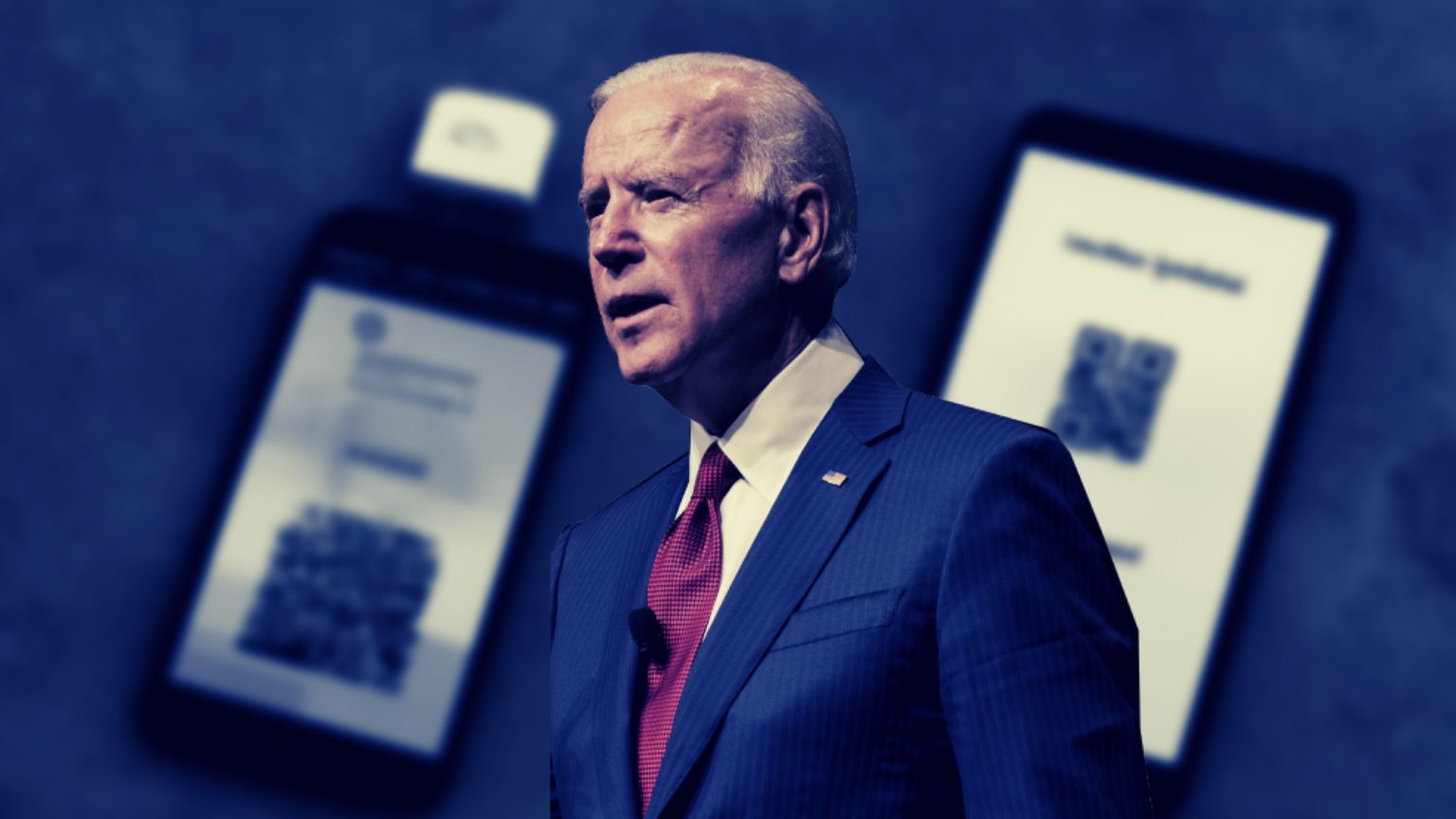The White House has presented its National Security Strategy that, among other points, calls for investing in digital IDs.
The Biden administration, however, is short on detail regarding this issue and privacy implications, while mentioning the term biometrics only once.
“Strategic Objective 4.5” is a 4-paragraph section in the 35-page document that speaks about supporting development of a digital identity “ecosystem.”
We obtained a copy of the document for you here.
The administration calls for improved digital identity infrastructure that would produce “a more innovative, equitable, safe and efficient digital economy.”
Like all other justifications for the push to adopt digital IDs, this one mentions conveniences and “secure” access to government services and benefits, “trusted” communication, as well as social networks, and improved payment systems.
To get there from here, the document calls for the digital ecosystem in question to undergo “fundamental changes,” and wants to bring in the private sector – both through “close cooperation” and public-private undertakings.
The latter involves “real-time, actionable, and multi-directional (data) sharing.”
The White House complains that today, digital identity solutions lack security and privacy preserving focus, and increase “inefficiency” of both financial activities, and “our daily life.” The current situation is also blamed for exclusion and inequity.
To solve this, the strategy proposes solutions based on NIST-led digital identity research that would strengthen the security of digital IDs, provide attribute and credential validation services, and update standards for the sake of consistency and interoperability.
As for privacy, civil liberties, security, etc., the document says that the administration “notes and encourages” focusing on those – this is mentioned in the context of the administration “acknowledging” that various states are already coming up with digital driver’s license pilots.
Biometric industry observers note that the strategy seems to be promising tech companies that it will not opt for strong regulation of their activities, by saying that while they must be liable for security of software, it must also be recognized that even advanced software security programs can’t prevent all vulnerabilities.
But even if the “threat” of over-regulating the tech sector is removed, the document suggests that coming up with new standards is something The White House is interested in.
This point is seen as controversial, because it implies the government’s involvement in what has so far, at least officially, been the realm of internet and communications data services giants.










